Host • BCG Green Ventures | |
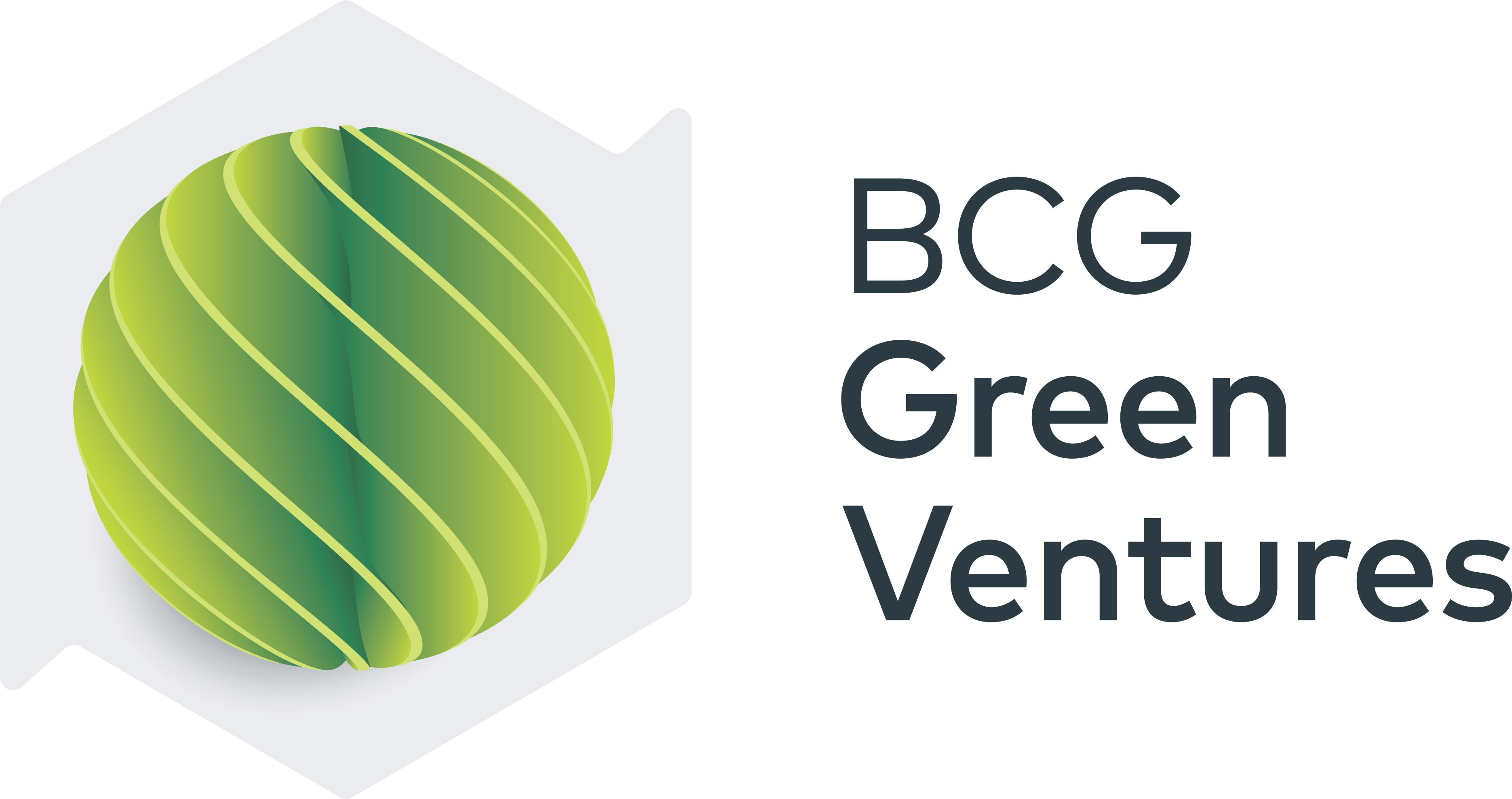 | BCG Green Ventures Internship – Venture ArchitectBCG Green Ventures is a new team focused on building, scaling, and investing in businesses that enable a 1.5˚C world in partnership with leading corporations, climate tech ventures, investors, and institutions. While hosted by BCG Digital Ventures, Green Ventures is shaping up to be a One-BCG offer, bringing the best of BCGDV’s business building capabilities combined with climate, sustainability, and sector-specific expertise (BCG) as well as access to a network of external partnerships. BCG Green Ventures is committed to achieving transformational impact by supporting climate tech ventures in accelerating their businesses to get the world to net zero and drive economic value. The practicum project will support the BCG Green Ventures team around defining and scoping ventures to develop the market opportunity, business models, marketing, pricing, and operational structures needed to commercialize and/or accelerate products and businesses. The student will focus on supporting Green Venture sprints with corporates or climate tech ventures as well as internal strategy including Business Development and IP creation. |
Host • Beautycounter | |
 | Project Title: Charting a Sustainable Path to Carbon NeutralitBeautycounter is a direct-to-consumer and Certified B Corporation whose mission is to get safer products into the hands of everyone. They are focused on formulating, educating, and advocating for better beauty. Through rigorous testing, supply chain audits, and a growing “Never List” banning the use of over 1,800 ingredients, Beautycounter provides quality, sustainable, safe makeup, skin care and bath and body products. Holding themselves and their product formulation to an internationally high standard, Beautycounter advocates for the use of safer product ingredients and transparency to elevate the entire beauty industry. In addition to their formulation and advocacy work, Beautycounter works diligently to accomplish aggressive sustainability goals. This practicum will help the Sustainability Team further strengthen their sustainability commitment and accelerate their climate progress by improving low carbon product design. The Beautycounter Sustainability Team is focused on solutions and reductions. They are in the process of reevaluating their carbon goals to be more aggressive and aligned with Science Based Targets. Students will help strengthen Beautycounter's commitments to reducing our greenhouse gas emissions by helping us better understand our Scope 3 emissions and identifying reduction opportunities in our product lifecycle. The students will do so by designing and testing an approach to launching a carbon neutral beauty product that could be utilized by the brand in the future. |
Host • BETA Technologies | |
 | Project Title: BETA Climate PledgeBETA Technologies is an electric aviation and technology company committed to building a cost-effective transportation infrastructure with minimal impact on the environment. The company’s differentiating product, Alia, is a fully electric vertical take-off and landing aircraft (evTOL) with 200 cubic foot cargo capacity and re-charges in 50 mins. The practicum will build momentum towards BETA’s B Corporation certification and commitment to the Climate Pledge, signed in the beginning of 2022. The SI-MBA student team will divide and conquer departments across the business, from finance and operations to supply chain, to scope needs for emission measurement and reduction. By implementing a climate management platform, our goal is to provide a foundation for embedded climate conscious operations on which BETA will continue to develop. |
Host • Burton Snowboards | |
 | Project Title: Supply Chain Allocation – Water Risk ManagementBurton has set ambitious sustainability goals for 2025 to reach beyond their initial strategy to target new avenues of corporate sustainability. These goals include carbon reduction, eco-friendly materials, circularity initiatives, and fair compensation for factory workers. One key area of environmental stewardship that has not been formally addressed by Burton is water measurement and reduction within the supply chain. The textile industry broadly is one of the most water intensive industries on earth, and Burton must address this impact area in the coming years to keep the company aligned with science-based climate targets. The goal of this practicum is to analyze the location of Burton’s current supply chain as it relates to water scarcity in regions of operation, develop a sourcing map, and provide recommendations for future sourcing operations on the basis of water scarcity over the course of the next 10-20 years. Students will research the impact of climate change on the accelerated drought and flooding across the world, as well as the communities displaced. Students will investigate the following: |
Host • Casella | |
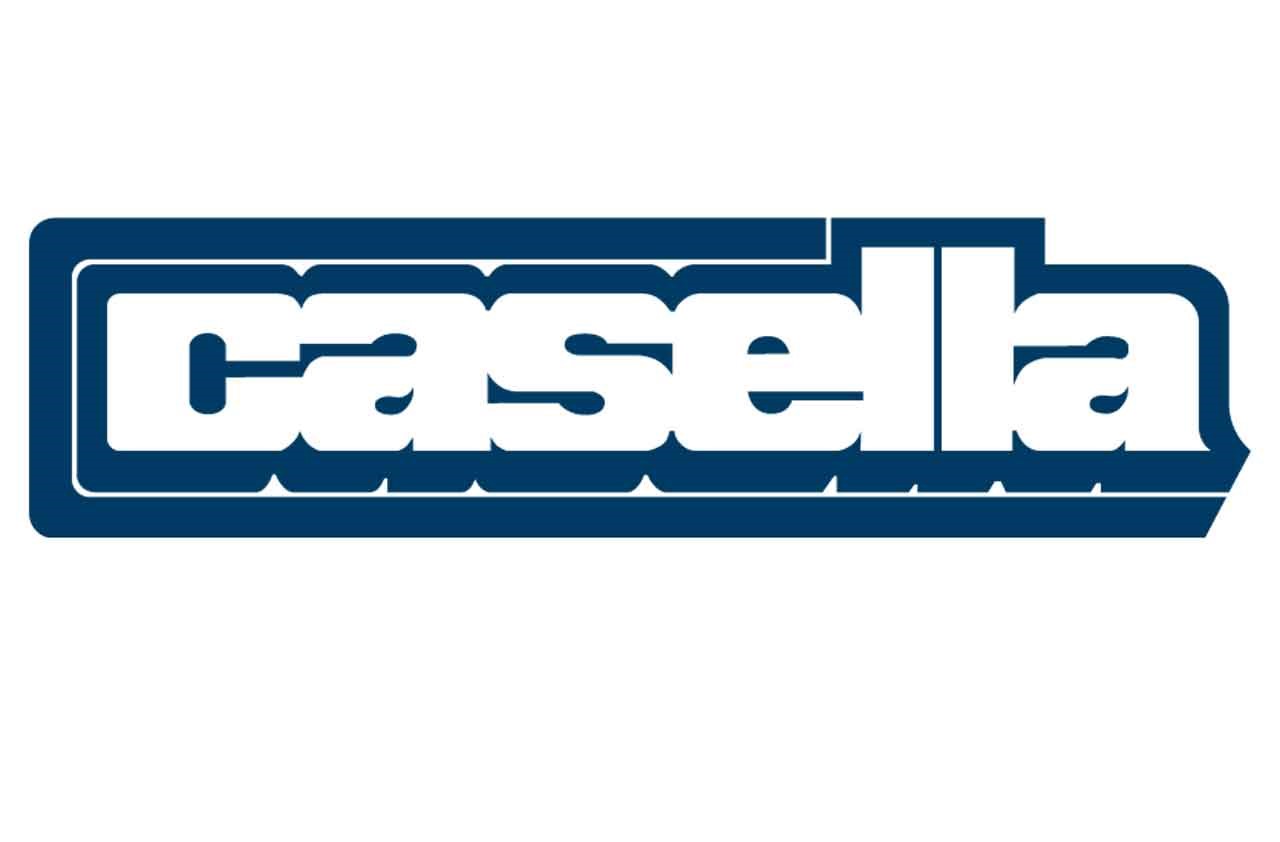 | Project Title: Designing a Multi-Stakeholder Resource Management Circular EconomyCasella Waste Systems, Inc. is a publicly traded, regional solid waste, recycling, and resource management services company based in Rutland, Vermont with operations throughout the Northeast and customers in 40 states. Recognizing the limits of traditional waste management services, Casella has become an industry leader in the evolution of resource renewal and sustainability. As part of their 2050 Vision, Casella believes the definition of waste is shifting, and there are substantial growth opportunities from cycling otherwise wasted resources back into supply chains. This practicum will focus on Casella’s strategic challenge to activate and serve as a central stakeholder at the heart of a circular economy model. The practicum team will work with Casella and their partners to design a circular economy model that can be adapted to opportunities enterprise wide. The students will identify key stakeholders and supply chain opportunities, construct financial and economic assessments of their model, and make recommendations to the Casella team for the design and implementation of Casella’s circular economy strategy. |
Host • Clorox | |
 | Project Title: Disruptive Business Models for Sustainably Growing Clorox BrandsOur team will be providing two in-depth recommendations for tractable business models that can improve the environmental, social, and economic value of The Clorox Company’s business portfolio. We plan to analyze Clorox’s existing businesses and find neglected areas with room for improvement. Our recommendations will be aimed at initiating and improving triple bottom line best practices. These recommendations will focus on two brands. The first brand is in the early stages of “greening,” while the second brand is considered “green,” but working to improve upon existing sustainable practices. Our project will culminate in a report and presentation provided to the Head of Open Innovation, Navin Kunde. |
Host • GlobalFoundries | |
 | Project Title: Vermont Clean Energy Incubator Business ModelGlobalFoundries is a semiconductor manufacturing foundry providing a unique combination of design, development, and chip fabrication services. Their Vermont facility (FAB 9), located in Essex Junction, takes great pride in serving their local community as Vermont’s largest private employer. GlobalFoundries is looking to improve their corporate sustainability by optimizing their energy portfolio while reducing greenhouse gas (GHG) emissions, moving GlobalFoundries towards its goal of operating a carbon-free energy portfolio. FAB 9 is designing a “Clean Energy Incubator” with several inter-related projects under consideration. Each project will require an initial capital investment that (while incurring operation and maintenance costs) will ultimately provide significant energy cost and GHG emissions reductions across FAB 9’s operations. The SI-MBA team will evaluate the proposed energy projects and create a comprehensive model to perform scenario analyses and determine relevant cash and energy flows under various conditions. This will include forecasting FAB 9’s energy consumption, by estimating fixed and variable energy use, and accounting for future production goals. The SI-MBA team will provide analysis for future scale-ups of selected technologies that will position FAB 9 as an industrial leader in supporting Vermont’s Global Warming Solutions Act (GWSA) goals in the most economical and beneficial way. |
Host • Kymera | |
 | Project Title: Next Steps in the Sustainability Strategy JourneyKymera is a material sciences company looking to become leaders in the industry by integrating sustainability throughout their entire value chain. Taking a wholistic and global perspective, the practicum team will be challenged to analyze Kymera’s entire value chain and develop strategies and business models to maximize the positive societal impact of the entire business system, including the identification of innovative, sustainability strategies for our customers. The work may also require building collaboration with a larger ecosystem of partners to enable the necessary brand awareness and legitimacy to implement the innovations sought. The team will development a road map for Kymera that includes long-term goals, business aspirations rooted in sustainability, and an articulation of how the company will aim to create a net positive impact in the world looking out a decade or more. The practicum team aims to create a general framework for the company to evaluate, assess and communicate current sustainability efforts, and identify future opportunities within business lines. |
Own Venture • The Mediterranean Café | |
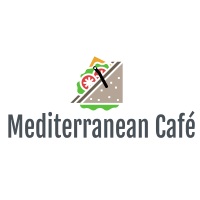 | The Mediterranean Café business plan is designed to reflect and incorporate a holistic approach when dealing with the most pressing environmental, social, and economic constraints that we are facing today in the food service industry. I believe that sustainable business development is the only way for a sustainable future, which compels me to craft a business model that will not only take in consideration its financial viability and feasibility, the social welfare of its employees, but also its waste and carbon footprint impacts that it may have on our community. To that end, I believe that my ideal outcome for my Mediterranean Café is to launch a purpose driven, sustainable food business that strongly advocates how to responsibly source local foods, establish attainable water/energy/food conservation goals, and apply comprehensive business management techniques to implement a sustainable food hospitality operation in an environmentally conscious, socially, and economically beneficial manner. |
Host • Microsoft | |
 | Project Title: Sustainability Messaging for Consumer Electric ProductsMicrosoft reinforces its position as a leading technology company by pushing customers and organizations to expect more from their technology (software and hardware). In 2020 Microsoft announced several ambitious public commitments around carbon, water, waste, and ecosystems. These commitments lay the foundation for creating tangible impact in our communities and across the globe. Specifically, these commitments can be summarized by the following: 1. Reducing carbon emissions and becoming carbon negative by 2030 |
Host • Morningstar | |
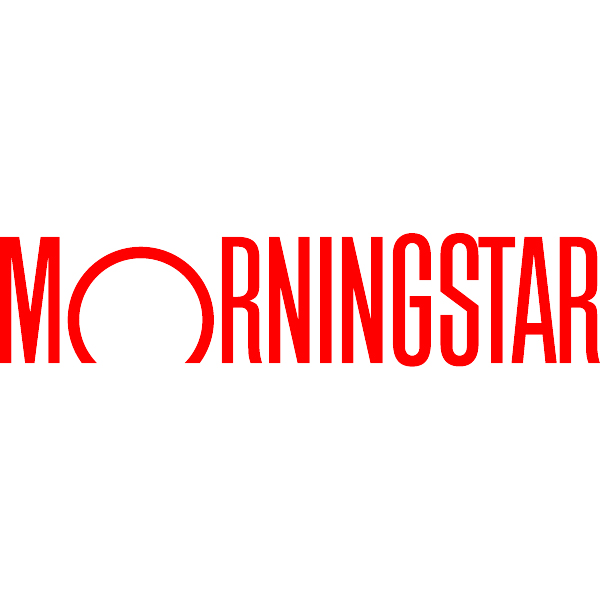 | Project Title: Measuring Success in ESG InvestingMorningstar has been an independent voice for investors since 1984, and the Morningstar manager research team has developed a multitude of tools to empower investors in decision-making. These include the Morningstar Rating (star rating), the Sustainability Rating (globe rating), the Equity Style Box, the Analyst Rating, and the ESG Commitment Level. For a ratings framework to be useful, there needs to be a clear measure of success—but in the ESG investing space, that’s a truly thorny debate. To address the need for a consistent ESG valuation framework, this practicum will develop a system to evaluate success in listed equity funds, fixed-income funds, and multi-asset funds against ESG-specific measures of performance. Leveraging Morningstar's proprietary data and the most commonly used tools in the industry, SI-MBA students will delineate this framework across a broad sustainability performance review matrix for funds covering multiple asset classes. Then, the student team will source relevant data for visualization in hopes of formulating a working model for ESG valuation. |
Host • Native | |
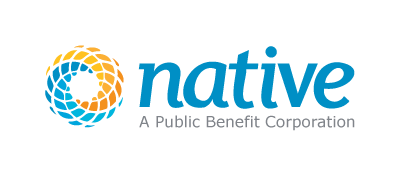 | Project Title: Building a Collaborative Offset Investment ProgramNative, A Public Benefit Corporation originates greenhouse gas reduction projects around the world, working closely with companies and brands to reduce their overall emissions. The market for individual consumers looking to offset their own emissions has grown significantly over the last year, and Native is looking to meet this interest by expanding its crowdfunding direct-to-consumer (or DTC) program. In this project, we will work with Native to evaluate the growth potential of the DTC channel with increased levels of investment and direct engagements with individuals and partner organizations. |
Host • One Point Five | |
 | Project Title: Democratizing Access to Sustainability Experts to Accelerate Climate SolutionsOnePointFive (OPF) is a remote advisory firm working to democratize access to multidisciplinary sustainability experts with a focus on commercializing climate technologies, deploying climate finance, and providing bespoke sustainability services. OPF sources, vets, and deploys sustainability experts to fit the specific needs of customers within three areas - sustainability services, climate technology, and finance. OPF’s vision is to accelerate solutions that enable businesses and the environment to coexist in harmony, ensuring global warming stays below OnePointFive degrees Celsius (1.5oC). This practicum will focus on the B2B professional marketplace for high-talent, remote sustainability experts (supply-side) and create an engaged community through learning and networking opportunities. The SIMBA team will begin by identifying areas of opportunity within the expert community by interviewing current members. Then, the team will work with OPF’s leadership team to refine the talent identification, interview process, and onboarding process to support the growing expert network. OnePointFive's expert network (supply-side) is the foundation upon which they are able to drive long term sustainable change for their clients. The practicum team will be responsible for bolstering this network, creating efficiencies and best practices, and developing a strategy for scalability. |
Host • SAS | |
 | Project Title: Deriving Economic Value from SAS's Data for GoodSAS is a trusted analytics company for organizations seeking immediate value from their data. SAS Data for Good provides clients with the quantifiable information needed to address global environmental and humanitarian challenges. As society continues to expect greater social responsibility and measurable ESG efforts from business, Data for Good uses agile processes to utilize a company’s data and analytics to maximize social impact. The result is a highly productive and engaging program that iterates quickly, leverages core competencies, and generates internal and external brand excitement. The purpose of this project is to position Data for Good as a sustainability-focused SAS consultancy solution for industries and organizations to derive value and create impact. The goal is to expand Data for Good’s capabilities from a volunteer corporate philanthropy tool to an ESG goals-driven solution that guides organizations seeking to implement strategic, measurable sustainable change. |
Host • Suncommon | |
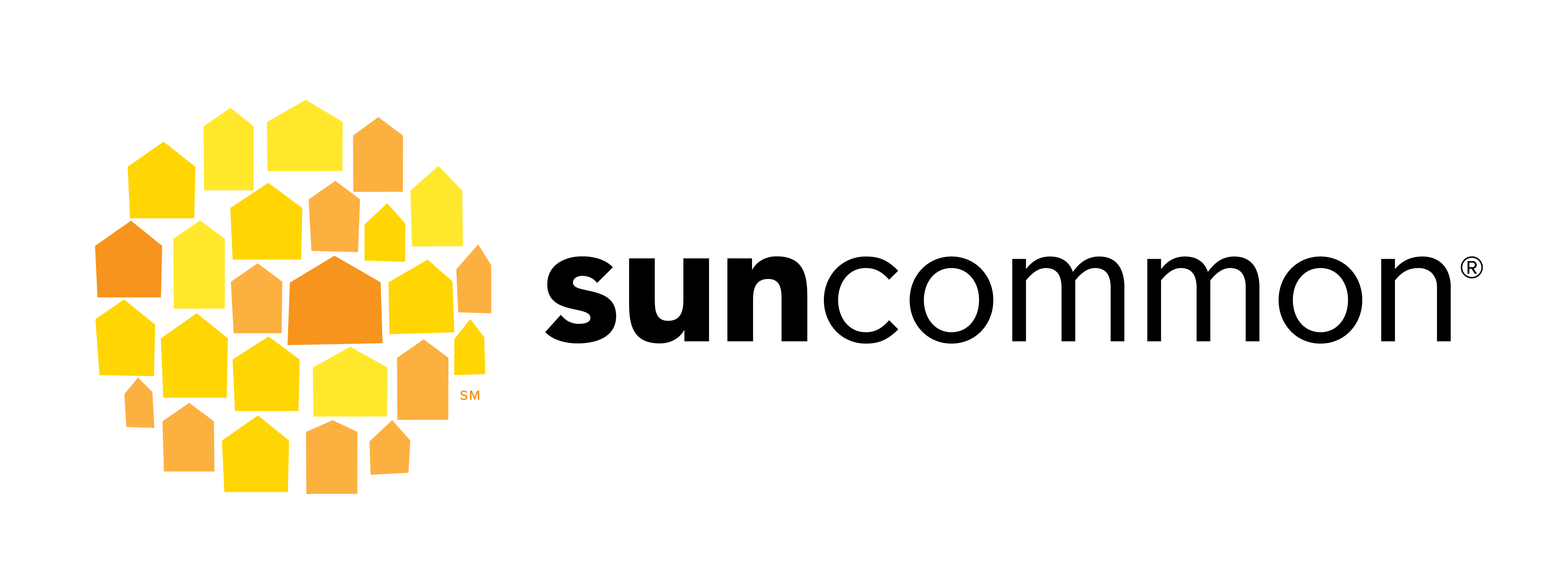 | Project Title: Power by the People – Aggregating Household Clean Electric Supply & Demand to Rejuvenate our Electric GridFor the clean energy transformation to occur, rapid innovation will be needed to transition away from outdated energy models. The grid as we know it is a 150-year-old business model that simply is in the way of what is needed now. One approach is a "virtual power plant." SunCommon has built solar energy projects for 10,000 customers. Imagine they were woven into a consortium network of distributed clean energy that equates to the output of one of those legacy power plants. With onsite energy storage in more and more homes, our people could tap their batteries to accommodate the surge in power demand just when it's needed, taking the place of fossil fuel burning “peaker plants” that are dirtier and more expensive than our standard portfolio of electricity sources. Less pollution and save money, sounds good right? |
Host • Sustainable Production Alliance | |
 | Project Title: Assessing what type of environmental content moves the needle with viewersThe Sustainable Production Alliance (SPA) is a consortium of the world’s leading film, television, and streaming companies dedicated to advancing sustainability initiatives through advocacy, education, and innovation while reducing the entertainment industry’s overall environmental impact. SPA members include Amazon Studios, Amblin Partners, Disney, Fox, NBCUniversal, Netflix, Participant Media, Sony Pictures, ViacomCBS, Discovery, and WarnerMedia. Throughout this practicum project, students will be working directly with Sustainability and Corporate Responsibility leaders at Paramount Pictures, HBO/HBO Max, and Disney. Since its inception, SPA has focused on combating the industry’s environmental impact through physical production and overall business operations. While that work is ongoing, they would like to expand their focus to how content can help battle the climate crisis. This practicum project explores how climate-friendly actions taken by characters, as well as sustainable message placements, in all areas of content inspire audiences to change their behavior to a more sustainable lifestyle. Students will investigate the idea of ‘social modeling’ to explore if lifestyle changes made by characters that viewers associate themselves with carry evidence of impacting viewers’ behavior. Pulling from disciplines such as psychology, behavioral science, and behavioral economics, students will explore Oscar Wilde’s idea that “Life imitates Art far more than Art imitates Life” to use the entertainment industry’s product to inspire positive, sustainable behavior change while also driving viewership numbers as a reflection of society’s increased interest in sustainability. |
Host • TS Designs | |
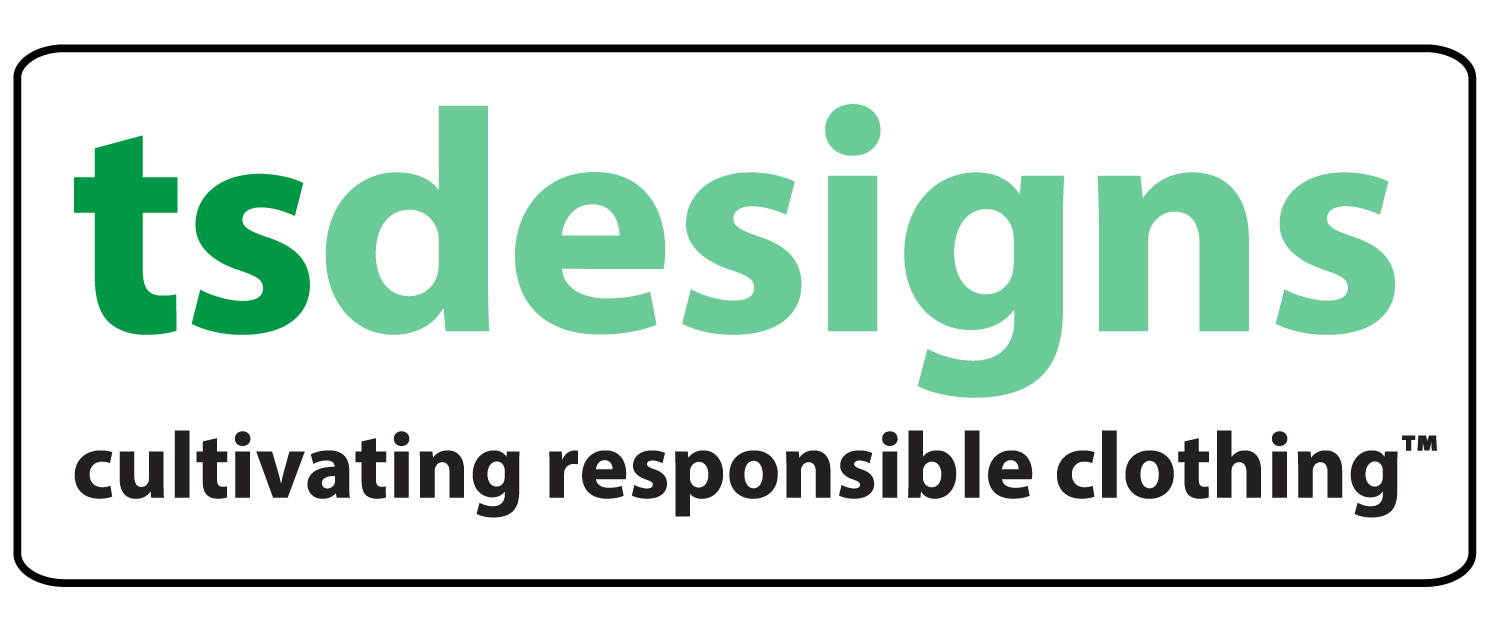 | Project Title: An Alternative to Commodity Cotton: Negotiating directly with the farmer on a long-term priceTS Designs is a 45-year-old ethical apparel manufacturing business based in North Carolina. In 2007, TS Designs began sourcing cotton directly from a local farmer, which opened their eyes to the numerous difficulties cotton farmers face. Many farmers are under intense pressure to adopt sustainable agricultural practices, which requires long-term planning and significant investment; however, farmers typically have no control on the unpredictable market price they are paid for their cotton. This uncertainty is intensified by the rising price of agricultural inputs, urban sprawl encroaching on farmland, and climate change. In 2020, TS Designs launched the 10,000 Pounds of Cotton Project, which aims to give the cotton farmer a seat at the table in terms of determining fair value compensation for their product. By agreeing on a reasonable price for cotton before the seed goes into the ground, TS Designs empowers farmers to make necessary investments in regenerative agriculture and gain the financial security they deserve. This practicum will focus on scaling the 10,000 Pounds of Cotton Project by creating a roadmap for other apparel brands to develop similar agreements with the farmers who produce their cotton. The team will work directly with President and CEO of TS Designs, Eric Henry, as well as leaders in the domestic textile industry to focus on how to rethink supply chains and combat inequities in the cotton and apparel markets. |
